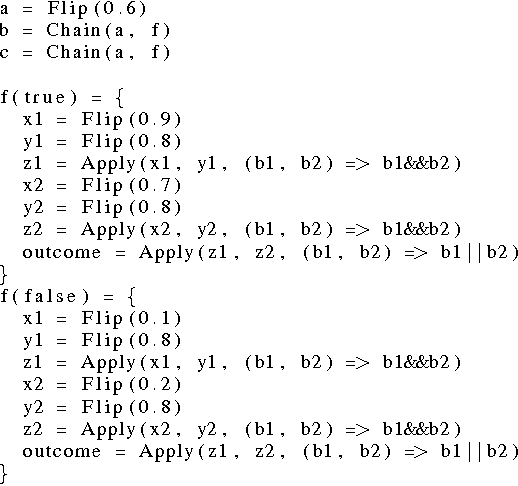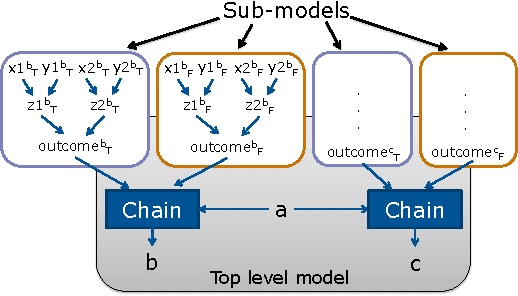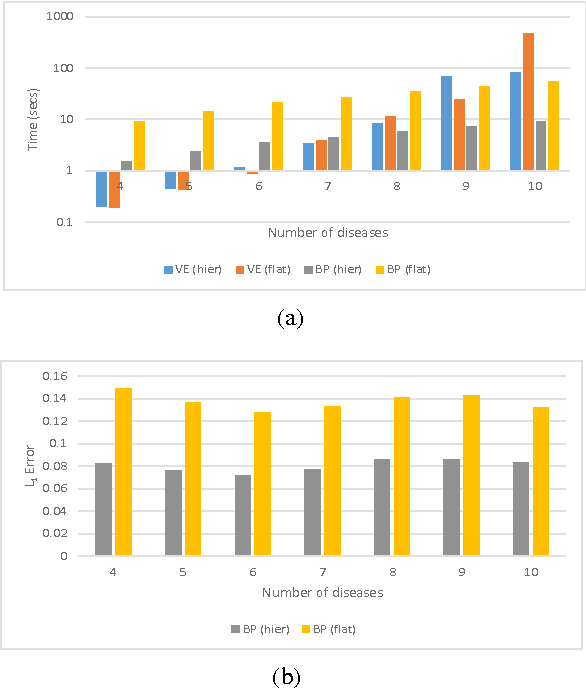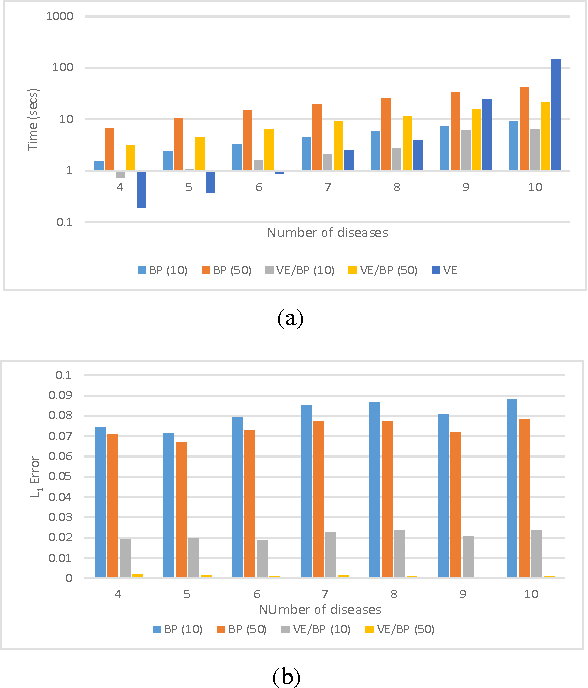William Kretschmer
Agnostic Tomography of Stabilizer Product States
Apr 04, 2024Abstract:We define a quantum learning task called agnostic tomography, where given copies of an arbitrary state $\rho$ and a class of quantum states $\mathcal{C}$, the goal is to output a succinct description of a state that approximates $\rho$ at least as well as any state in $\mathcal{C}$ (up to some small error $\varepsilon$). This task generalizes ordinary quantum tomography of states in $\mathcal{C}$ and is more challenging because the learning algorithm must be robust to perturbations of $\rho$. We give an efficient agnostic tomography algorithm for the class $\mathcal{C}$ of $n$-qubit stabilizer product states. Assuming $\rho$ has fidelity at least $\tau$ with a stabilizer product state, the algorithm runs in time $n^{O(1 + \log(1/\tau))} / \varepsilon^2$. This runtime is quasipolynomial in all parameters, and polynomial if $\tau$ is a constant.
Efficient Learning of Quantum States Prepared With Few Non-Clifford Gates II: Single-Copy Measurements
Aug 14, 2023Abstract:Recent work has shown that $n$-qubit quantum states output by circuits with at most $t$ single-qubit non-Clifford gates can be learned to trace distance $\epsilon$ using $\mathsf{poly}(n,2^t,1/\epsilon)$ time and samples. All prior algorithms achieving this runtime use entangled measurements across two copies of the input state. In this work, we give a similarly efficient algorithm that learns the same class of states using only single-copy measurements.
Efficient Learning of Quantum States Prepared With Few Non-Clifford Gates
May 22, 2023Abstract:We give an algorithm that efficiently learns a quantum state prepared by Clifford gates and $O(\log(n))$ non-Clifford gates. Specifically, for an $n$-qubit state $\lvert \psi \rangle$ prepared with at most $t$ non-Clifford gates, we show that $\mathsf{poly}(n,2^t,1/\epsilon)$ time and copies of $\lvert \psi \rangle$ suffice to learn $\lvert \psi \rangle$ to trace distance at most $\epsilon$. This result follows as a special case of an algorithm for learning states with large stabilizer dimension, where a quantum state has stabilizer dimension $k$ if it is stabilized by an abelian group of $2^k$ Pauli operators. We also develop an efficient property testing algorithm for stabilizer dimension, which may be of independent interest.
Low-Stabilizer-Complexity Quantum States Are Not Pseudorandom
Sep 29, 2022Abstract:We show that quantum states with "low stabilizer complexity" can be efficiently distinguished from Haar-random. Specifically, given an $n$-qubit pure state $|\psi\rangle$, we give an efficient algorithm that distinguishes whether $|\psi\rangle$ is (i) Haar-random or (ii) a state with stabilizer fidelity at least $\frac{1}{k}$ (i.e., has fidelity at least $\frac{1}{k}$ with some stabilizer state), promised that one of these is the case. With black-box access to $|\psi\rangle$, our algorithm uses $O\!\left( k^{12} \log(1/\delta)\right)$ copies of $|\psi\rangle$ and $O\!\left(n k^{12} \log(1/\delta)\right)$ time to succeed with probability at least $1-\delta$, and, with access to a state preparation unitary for $|\psi\rangle$ (and its inverse), $O\!\left( k^{3} \log(1/\delta)\right)$ queries and $O\!\left(n k^{3} \log(1/\delta)\right)$ time suffice. As a corollary, we prove that $\omega(\log(n))$ $T$-gates are necessary for any Clifford+$T$ circuit to prepare computationally pseudorandom quantum states, a first-of-its-kind lower bound.
Structured Factored Inference: A Framework for Automated Reasoning in Probabilistic Programming Languages
Jun 10, 2016



Abstract:Reasoning on large and complex real-world models is a computationally difficult task, yet one that is required for effective use of many AI applications. A plethora of inference algorithms have been developed that work well on specific models or only on parts of general models. Consequently, a system that can intelligently apply these inference algorithms to different parts of a model for fast reasoning is highly desirable. We introduce a new framework called structured factored inference (SFI) that provides the foundation for such a system. Using models encoded in a probabilistic programming language, SFI provides a sound means to decompose a model into sub-models, apply an inference algorithm to each sub-model, and combine the resulting information to answer a query. Our results show that SFI is nearly as accurate as exact inference yet retains the benefits of approximate inference methods.
 Add to Chrome
Add to Chrome Add to Firefox
Add to Firefox Add to Edge
Add to Edge